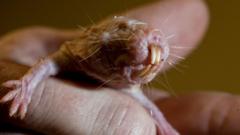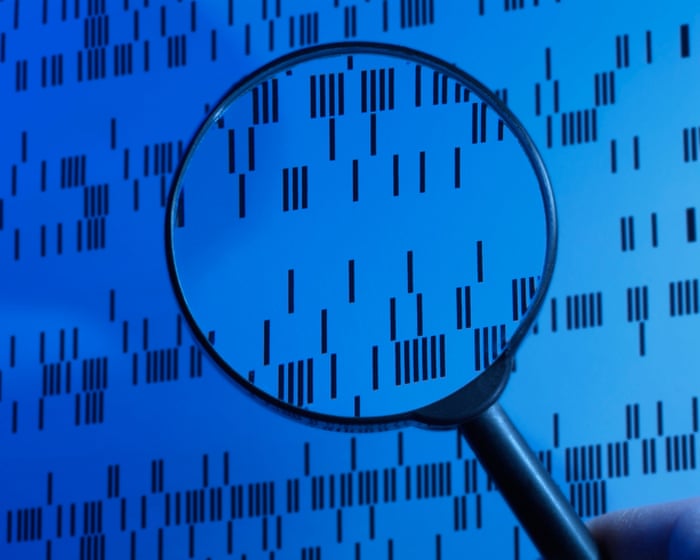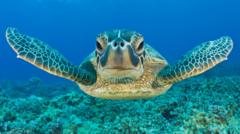How Bacteria Use CRISPR to Vaccinate against Viruses
PositiveScience
Recent research has unveiled a fascinating mechanism by which bacteria utilize viruses to create a form of vaccination for themselves. This discovery not only sheds light on the intricate relationship between microbes and viruses but also opens up potential avenues for developing innovative vaccination strategies in medicine. Understanding how these natural processes work could lead to breakthroughs in combating viral infections.
— Curated by the World Pulse Now AI Editorial System






